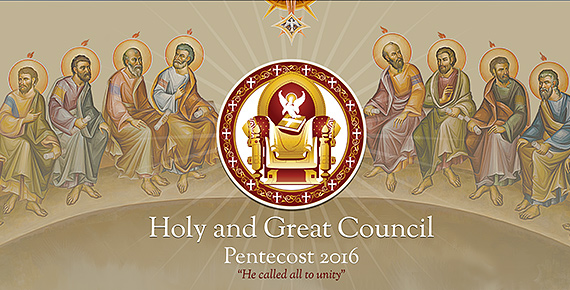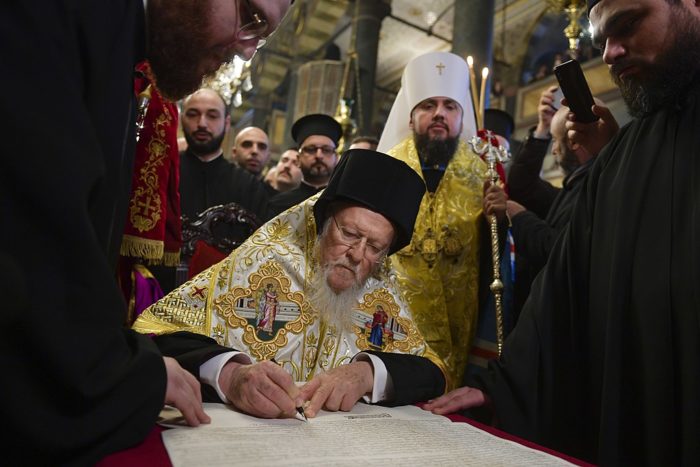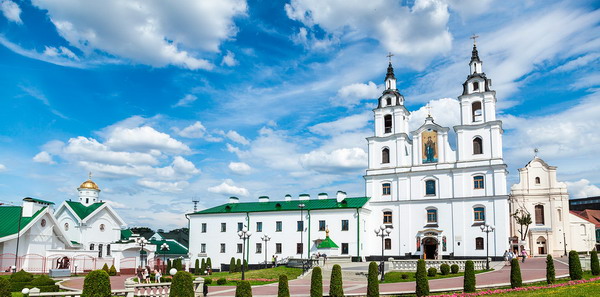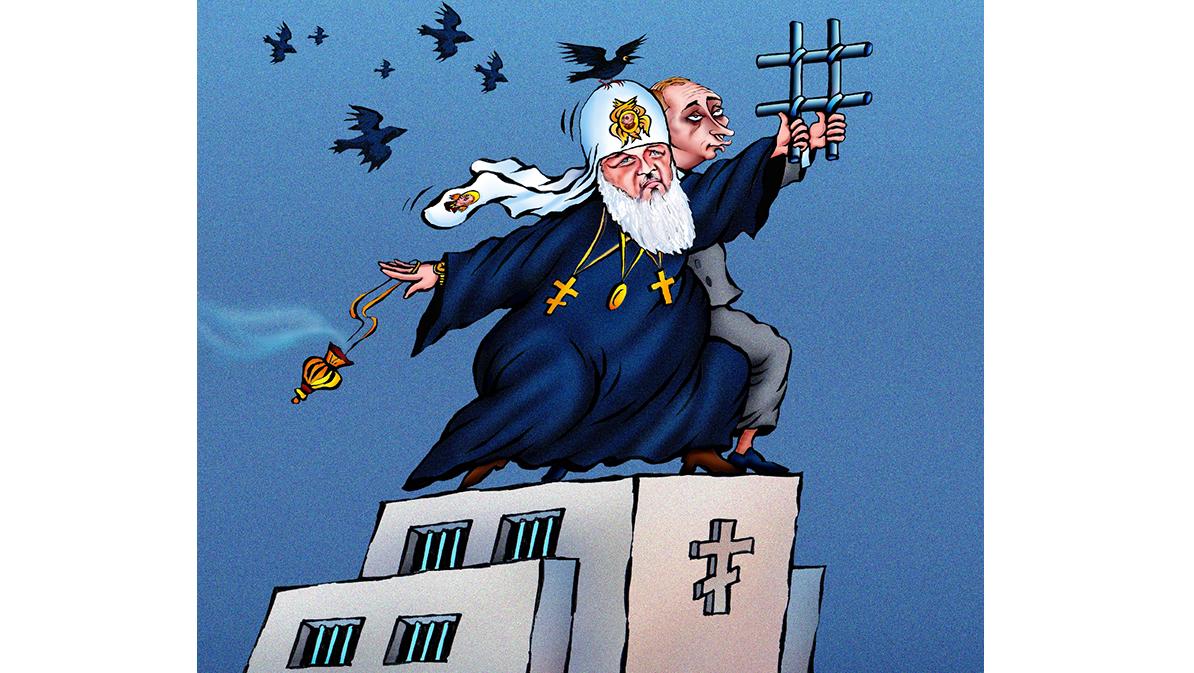The decisions of the Bulgarian, Serbian and Antioch Orthodox churches not to attend the Holy and Great Council of the Orthodox Church chaired by the Ecumenical Patriarch of Constantinople on Crete later this week and a declaration by the Russian Orthodox Church that it won’t accept any decisions taken by that body threaten to create a new schism in the Orthodox world.
Rosbalt commentator Ivan Preobrazhensky argues that the danger of a schism has become more likely because the Ecumenical Patriarch has shown no signs of backing away from the project of an all-Orthodox assembly, the first in a millennium, and insists that its decisions will be obligatory for all in the Eastern church. [The preparation work by the Ecumenical Patriarchate to conduct the council lasted over 40 years. For detail, see HolyCouncil.org - Ed.]
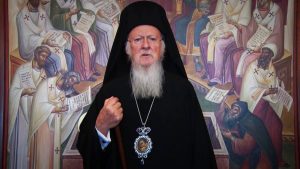
Of course, there is still “a chance” that the assembly now slated to open June 16 might be put off, but with each passing day that becomes less likely, especially given that preparations for it have been going on for “about 50 years” and many of the Orthodox churches will be attending as planned.
It should be remembered, Preobrazhensky says, that the Soviet government was one of the prime movers behind plans for this assembly because it “hoped to convert the Russian Orthodox Church into a center of world Christianity” and thus spread Moscow’s influence through the entire denomination.
But while negotiations were taking place, the USSR fell apart, and the Russian government pulled back for this project, leaving the church to its own devices. But with the coming to power of Vladimir Putin and Patriarch Kirill, the Kremlin again backed this idea and with the same goals.
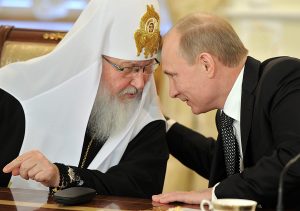
Both the Russian state and the Russian church became more committed to the idea of a council because of the war with Ukraine and the possible separation of Orthodoxy from Moscow. The Russian side hoped that the council would reaffirm Moscow’s view that Ukraine lies within what it calls “the canonical territory” of Russia.
Things have become complicated recently, however. On the one hand, it began to appear to some in Moscow that the council would vote against Moscow on autocephaly. And on the other, having the meeting anywhere in Türkiye was impossible from Russia’s point of view given tensions between Moscow and Ankara. Hence the decision to have the meeting in Crete.
Nonetheless, it had appeared that the meeting would take place given that the patriarchates of Constantinople and Moscow, traditional competitors for leadership in the Orthodox world, had agreed to it, Preobrazhensky writes. Then, some of the smaller churches backed out.
Some suspect that Moscow was behind their decisions, using them as it sometimes used its political allies during the Cold War in order to torpedo something without taking direct responsibility and blame, the Rosbalt commentator says. It has even been suggested that notorious “Orthodox businessman” Konstantin Malofeyev has orchestrated this.
According to Preobrazhensky, there are now “very great chances” that the Moscow Patriarchate itself will not take part in the council in Crete and that its failure to do so, especially if the Ecumenical Patriarchate insists that the council decisions are authoritative for all Orthodox, will lead to a schism.
If that happens, he suggests, then world Orthodoxy is likely to be so divided that it will no longer be possible to speak of a common Orthodox community but rather as a congeries of churches each jealous of its own powers and thus limited in its influence on other Orthodox and other Christian communities.
Related:
- Moscow worried about emergence of a new Ukrainian national church
- Poroshenko meets with the Ecumenical Patriarch of Constantinople
- Kirill wants a 'guarantee' from Pope in his war against Church in Ukraine, Kholmogorov says
- Moscow Patriarchate beefs up its staff for hybrid operations against Ukraine
- Pro-Russia militants in occupied eastern Ukraine torture protestant pastor to convert to Russian Orthodox Church
- Ukraine and the Orthodox Taliban
- The Orthodox Caliphate in Russia
- Ukrainian Orthodox Church of Kyiv Patriarchate in Crimea evicted from Cathedral
- The Russian Orthodox Church of the Moscow Patriarchate resembles the CPSU of Soviet times

